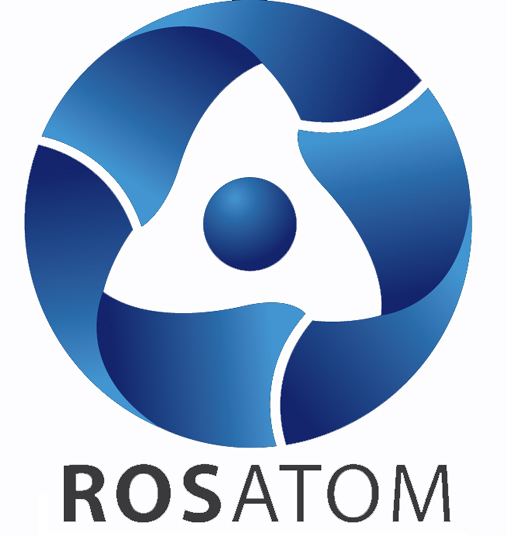Part 3 of 3 Parts (Please read Parts 1 and 2 first)
The proposed site for the six EPRs in Jaitapur is a seismically active and fertile agricultural and fishing region. The project has left about forty thousand people in five villages concerned for their safety and impact on their livelihoods. The villagers evicted from their land received monetary compensation. However, they regret losing access to their agricultural and fishing resources.
Despite the questions about the performance of the EPRs, their safety, cost and schedule overruns, successive Indian governments have expressed their commitment to the deal with EDF. Raju and Ramana mention the unusually candid explanation offered by Anil Kakodkar who is a former secretary at the India Department of Atomic Energy. He said: “We also have to keep in mind the commercial interests of foreign countries … America, Russia, and France were the countries we made mediators in these efforts to lift sanctions, and hence, for the nurturing of their business interests, we made deals with them for nuclear projects.”
Kakodkar was referring to the India-U.S. nuclear agreement in 2018. Three countries were supposed to especially benefit for that deal: the U.S., France, and Russia. These three countries signed agreements with India for the supply of foreign reactors. Currently, Russia is the only foreign country to have operational reactors in India. These projects started even before the 2008 nuclear deal between the U.S. and India. U.S. reactors have not been sold to India because of Westinghouse’s financial problems. As far as France is concerned, it was specifically allocated the Jaitapur site for the construction of EPRs.
Wikileaks made public a 2009 diplomatic cable in which a representative from NPCIL admitted India was paying a “high price” for French reactors. French diplomatic sources have reportedly expressed discontent about the high cost of the French EPRs compared to U.S. and Russian reactors. When Indian and French political leaders meet, they usually reiterate their joint commitment to the EPR deal. For instance, in May of 2022, the Indian Prime Minister Narendra Modi and French President Emmanuel Macro in France reaffirmed their commitment to the “the success of the strategic Jaitapur EPR project.”
A clear subtext of these statements is the high stakes in the Jaitapur project for the French nuclear industry. This is especially significant for EDF which is eighty four percent owned by the French government. EDF is facing several important problems aside from EPR issues. It is in debt for about forty-five billion dollars and faces outages at some of its older plants. There is also declining power outputs from some French plants which is caused by hot temperatures and a lack of rain. This has resulted in insufficient river water to cool nuclear reactors. Some of EDF’s reactors are also offline for planned maintenance and repairs. All these factors make it all the more crucial for France to want to finalize the deal with India. Reuters reported last May that “If confirmed, it would be one of the biggest-ever export deals for the French energy giant.”
After submitting the techno-commercial offer to the NPCIL, EDF promised that the project would produce local jobs in India. EDF also said that “The project would also generate significant economic benefits for the French nuclear industry over the entire duration of the project (approximately 15 years), with tens of thousands of jobs in the hundred or so involved French companies.”
France stands to benefit greatly if the deal comes to fruition. It is no surprise that an EDF vice-president traveled to India to submit an in-person binding techno-commercial offer. The purchase of six EPR reactors would be an obvious win for the French nuclear industry. However, it is less clear what benefits the people of India would obtain.
